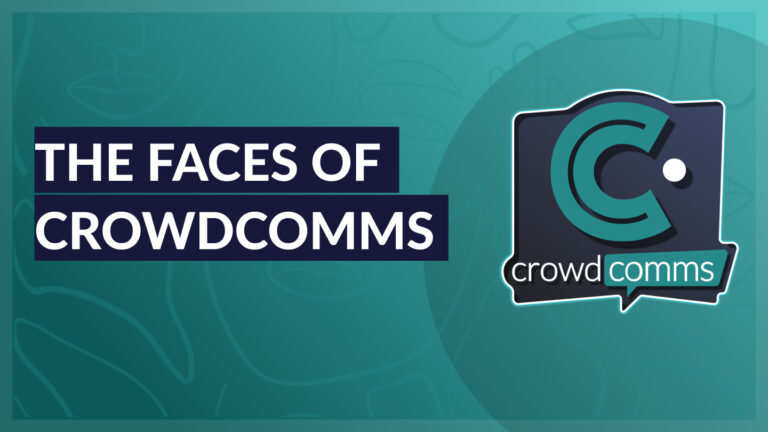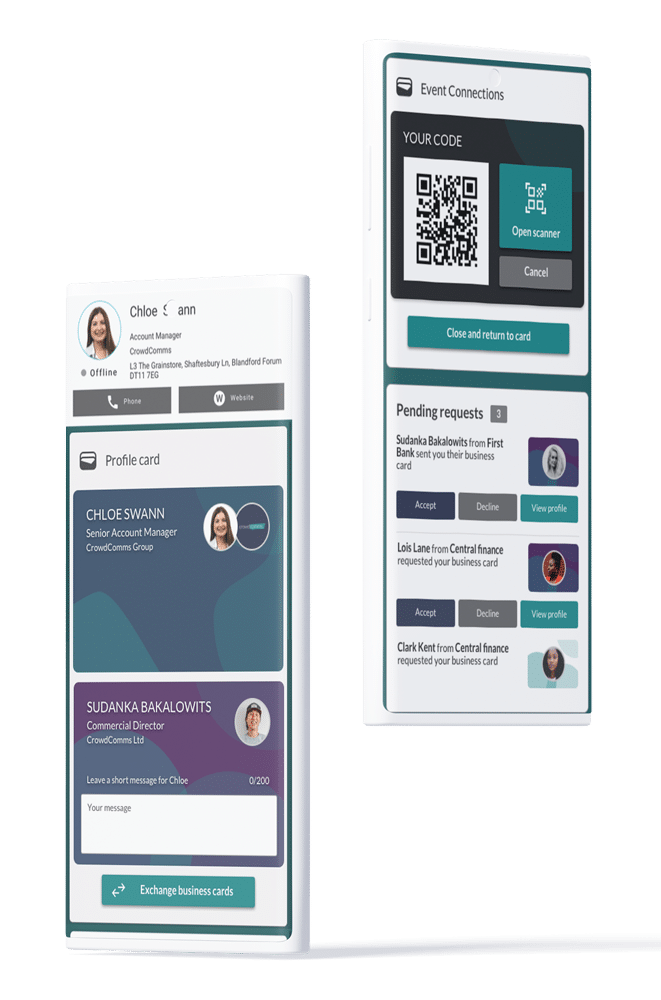Whether we’re talking cryptocurrency or bag searches, “security” has become something of a buzzword over the last few years. Regardless of your event’s type or size, you want to know that your attendees are safe, and they need that reassurance too. It’s tricky to strike the balance as either under or overegging your security measures can lead to an awkward or even uncomfortable experience for your guests, at best, or leave your event vulnerable to legitimate threats at worst. So how do we hit that security sweet spot? Sometimes it’s unexpected touches that really make the difference. Here are some tips you might not have thought of – and some unexpected effects they could have on your ticketholders!
-
Provide emergency response guides.
Think back to the last time you used air travel. Did you look at the air safety chart provided? Probably not. Did you listen to the stewards as they ran through the safety briefing? Maybe, but more likely you were thinking about your in-flight meal. But if you cast your mind back to your first ever flight, you probably paid a bit more attention!
In planning your event you should have created security plans and your staff should be well aware of any procedures or measures you have in place in case of emergencies or accidents. By publishing an emergency response guide for your guests you’re not only providing key information, you’re proving to your guests that their safety is at the front of your mind. Will they read them? Maybe, maybe not. But they have them if they need them, and you’ve won major brownie points.
2. Provide an open channel of communication for your vendors
If you’re expecting to host vendors or exhibitors, you need to make sure you’re able to converse openly and honestly with them. This includes transparency with matters of security, and it should work both ways. By giving them an opportunity to raise queries and concerns, you allow them to alert you to potential issues.
These could vary massively from disgruntled former employees potentially causing a scene to the threat of organised protests from Facebook hate groups (both real examples!) Don’t underestimate the power of a well-placed question between your account manager and your clients. In this case, a simple “Do you have any security concerns we could keep in mind for you?” could avoid a huge amount of disruption, and it all starts with that key relationship.
3. Use technology to your advantage
You know your event better than anyone, which should give you a decent insight to how your attendees and clients will behave too. However, nothing supports an educated guess better than cold, hard data.
Pre-registration will help you gauge numbers, which will help you anticipate how to best manage security. Making sure you know who’s at your event at any given time is key when it comes to evacuation plans, risk management and more, so why not consider self-service kiosks and lead generation apps, which will help you find out who’s checked in, where they’ve been and who they’ve spoken to, as well as allowing you to contact them directly via the app. Document management allows you to upload your security guides to the app, so your guests can have ready access to it at all times. You could even use you event apps to publish alerts, updates and advice. There are tons of ways you could use your event app to help keep your event safe and secure, so why not make the most of it?
Security is enormously important, and evolving threats mean we need to be creative with our solutions. To stay safe, we have to get smart.




